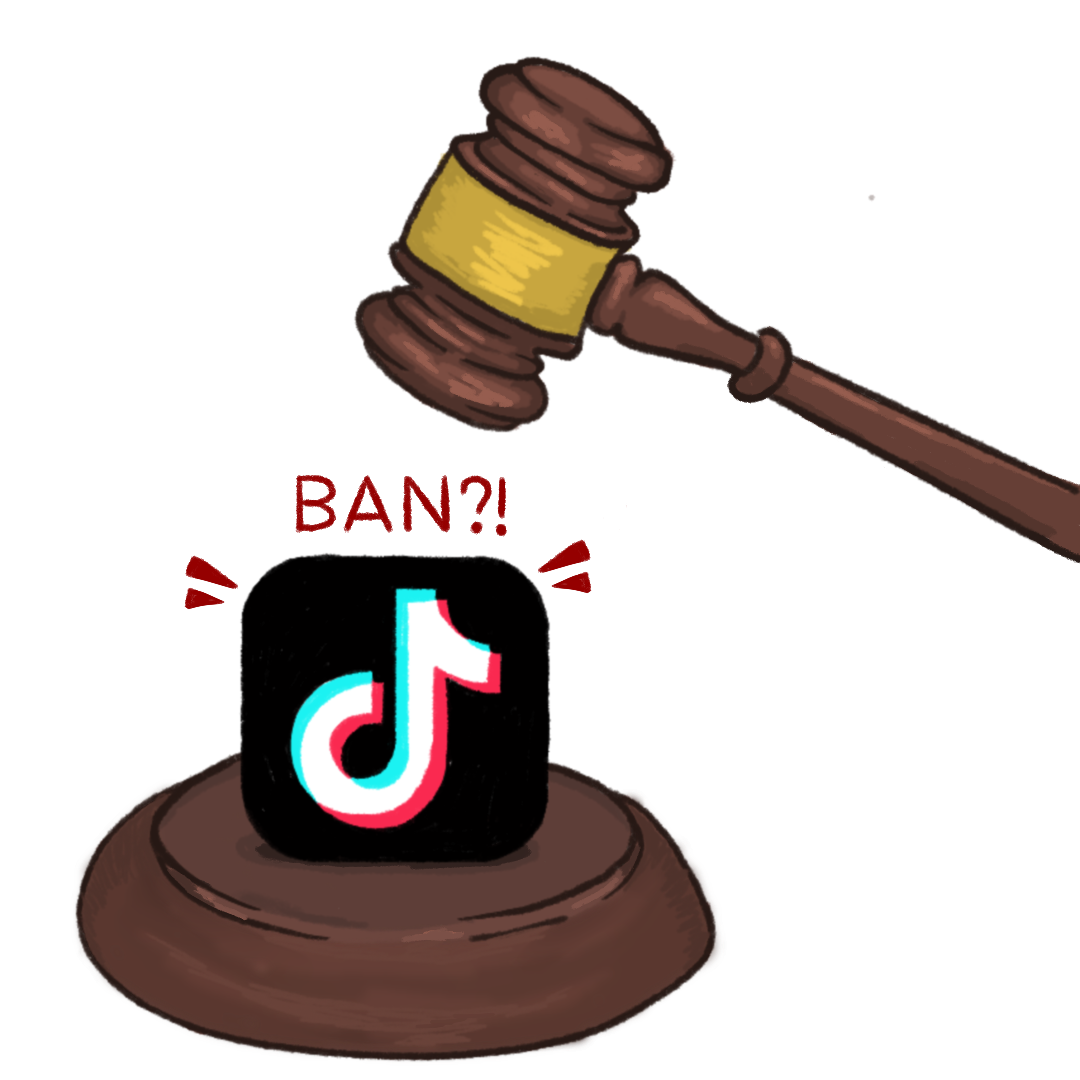The partisan politics of a presidential election year have many people in a state of unsurprising fervor and mania. Mainstream establishment candidates and populist insurgent candidates have emerged on both the right and left ends of the spectrum.
But do the number of candidates and their distinctiveness guarantee that all issues have a meaningful champion? The answer is no.
There are several matters of policy where voting does not imply any register of dissent. Take just one example. How do I register indignation at the polls about the destitution of the Gaza Strip and the slow but de facto annexation of Palestinian land in the West Bank by Israeli settlers? How to express personal outrage is, of course, not mutually exclusive with voting for a particular candidate, but it does require activism outside of the electoral process. This geopolitical issue has bipartisan support. No candidate with current political clout meaningfully goes against the grain on this issue.
Activists have pointed out the hypocrisy of Bernie Sanders’ stands. Sanders is a self-described “socialist” and a “radical,” but for years he has failed to stray from articulating the conflict in terms of moral equivalency.
In 2014, during a panel discussion on climate change in New York City, peaceful protestors unfurled a banner in front of the podium that Bernie was speaking at that read “BERNIE VOTED FOR THE WAR ON THE INDIGENOUS OF PALESTINE.”
Since then, the Sanders campaign has released basic outlines of its foreign policy. Much of it reiterates what is standard: about the need for a two-state solution and Israel’s right to defend itself, but it also condemns “disproportionate” violence by Israel and killings of civilians by the Israeli army. Notably, Sanders’ position calls for Israel to end its blockade of Gaza. The slight change in his plank is testimony that pressure from outside the electoral process is crucial, if not more than casting a vote.
Or to put the crux another way: suppose a feminist wants to see a glass ceiling broken by Hillary Clinton so that young girls see that it is possible for a woman to be President. How does she reconcile that with the desire for a global feminism that condemns bombing women in far away developing countries when the ‘feminist candidate’ has a record of voting for war?
The alternative to examples like this of using grassroots movements to keep issues morally independent and non-competitive with one another is to muddy the water for the voters. Plenty of people rely of the idea of voting for a “lesser evil.” It’s the pragmatist approach. The logic goes “Hillary might be bad, but Trump is far worse.” It’s not that this assessment is untrue. It certainly is. However, it’s also not fair to apply the same rubric to both sides. It’s a given that, generally, Republicans or Conservatives have odious polices in the eyes of a Democrat or a Liberal.
If you are looking for the limits of reasonable opinion, it makes more sense to examine someone like Sanders or Clinton. Rather than push past limits, we tend to accept them as a “lesser evil.”
But there is a risky habit in choosing a “lesser evil”: It makes voting an act of “voting against,” instead of “voting for.” You vote “against Trump” not “for Hillary.”
It appears we are okay with simple negation, and resigned and are to forgetting what we endorse ultimately to get on with living our lives. Or worse, we fully acknowledge our chosen candidates’ sometimes-severe flaws and think cynically about our complicity. We have a demeanor sporting a borderline fatalistic attitude, or one of detached amusement at the whole spectacle.
The rationality behind “lesser evil” in a presidential race is structural. We are asked to funnel our expression through one act— a vote for one candidate, a person who packages all the issues for us. This is democracy narrowed down to shallow proportions. Ostensibly, we in this agitated camp are forced by this arrangement of power to vote for a mixed bag candidate who treads on our morals and principles, a symbolic third partier without the Darwinian fitness to survive in a duopoly of money, or abstain.
Before I’m bogged down in my argument, I want to suggest something. Instead of all these genres of surrender that I played out, we should remember the other option: We fight; we win.
There are countless movements out there with radical visions. 350.org is trying to avert the ecological catastrophe that climate change would reap on the planet by allying with indigenous first nations to not so subtly put the pathology of capitalism on trial. #BlackLivesMatter has burgeoned beyond its catalyst of police brutality to include issues like stateless Haitians expelled from the Dominican Republic, the environmental racism of the Flint, Michigan water crisis, and ancillary causes such as #BlackLandMatters. Kurdish feminist anarchists in Rojava (located in Northern Syria) are experimenting with radical forms of gender equal direct democracy eschewing the ideas of statehood, capitalism and patriarchy. The group #StrikeDebt is spearheading the global effort to cancel student and housing debt. The Sylvia Rivera Law Project works to provide free council services to trans-gender people who are railroaded in the legal system, while also supporting activist causes looking at the limits of law as means of protection.
These efforts, collectively, are democratizing; their efforts pick up where the standard channels of influence fail to deliver.
Fundamentally, terms such as “bipartisan consensus” and “lesser evil” are just the vocabulary that describes the status quo and keeping it going. If those terms form the decision-making framework of the average voter, fine.
Work, school, families, girlfriends, boyfriends, and choice of free time all bid for our attentions. That is plenty of cross pressure, but we should not have illusions that “lesser evil” is anything more than personal and notional solution to a deeply undemocratic structure.
The only genuine solution to the long list of problems in the world is struggle. When we fight, we win.












